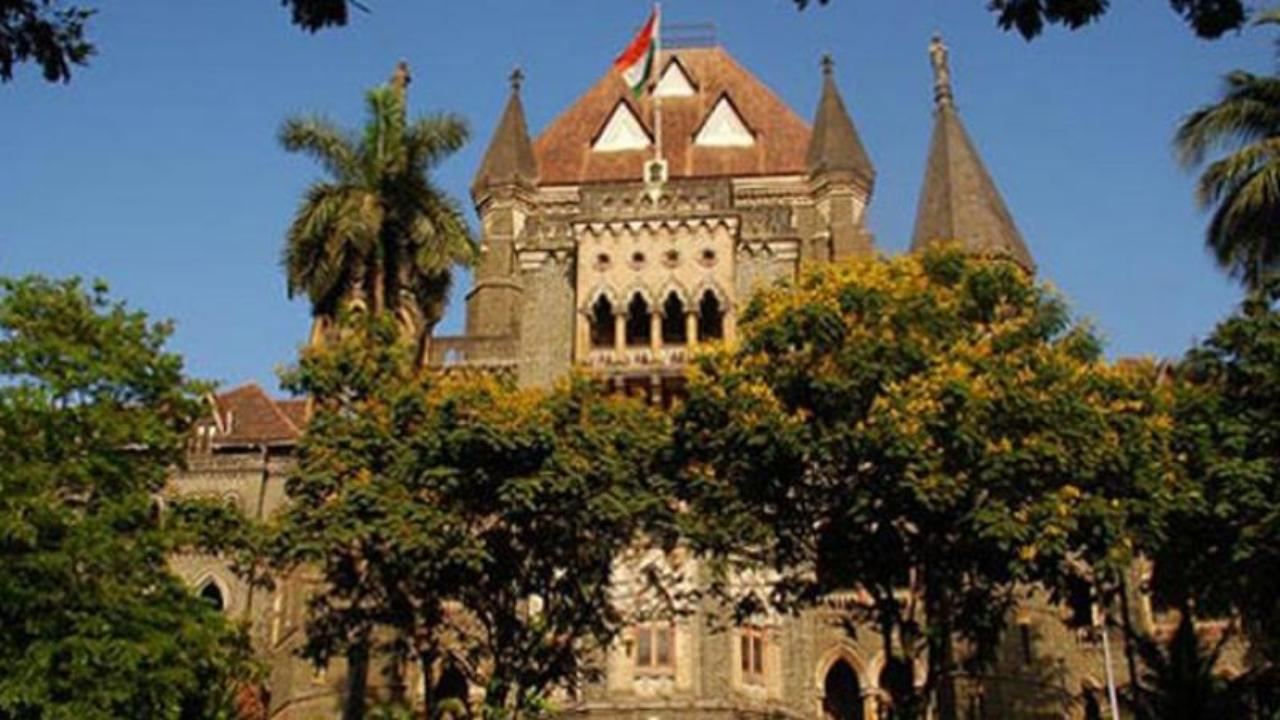The Bombay High Court has taken a stance against conducting a DNA test on the child of a rape victim who was put up for adoption, emphasizing that it would not be in the best interest of the child

File Photo/iStock
The Bombay High Court has taken a stance against conducting a DNA test on the child of a rape victim who was put up for adoption, emphasizing that it would not be in the best interest of the child. The decision came as the court granted bail to a man accused of raping a 17-year-old girl who later gave birth to the child in question.
ADVERTISEMENT
Justice G A Sanap, presiding over a single bench, issued the bail on November 10, prompting inquiries into whether a DNA test had been conducted on the child born to the victim. The police clarified that the child had been placed for adoption, and the institution handling the adoption withheld information about the adoptive parents.
The court acknowledged the reasoning behind keeping the adoptive parents' identity confidential. It emphasized, "It is pertinent to note that in the factual situation since the child is given in adoption, the DNA test of the said child may not be in the interest of the child and future of the child."
The accused, seeking bail, argued that despite the victim being 17 years old, their relationship was consensual, with mutual understanding. In contrast, the police contended that the accused had forcibly engaged in physical relations with the victim, resulting in her pregnancy.
The accused had been apprehended in 2020 by the suburban Oshiwara police, facing charges of rape and sexual assault under the Indian Penal Code and the Protection of Children from Sexual Offences (POCSO) Act.
The High Court, while acknowledging the filing of a chargesheet, noted that charges were yet to be framed by the special court. Despite the legal process progressing slowly, the court expressed reservations about accepting the accused's argument regarding the consensual nature of the relationship. However, considering the accused's prolonged incarceration since 2020 and the uncertainty of a swift trial conclusion, the court deemed further imprisonment as unwarranted.
Also read: Mumbai police book 806 people for flouting Bombay High Court’s cracker directive
"The possibility of completion of the trial in the near future is very bleak. The accused has been in jail for 2 years and 10 months. In my view, therefore, further incarceration of the accused in jail is not warranted," stated the judge in the order.
This decision by the Bombay High Court highlights the delicate balance between the rights of the accused, the interests of the victim and the child, and the complexities involved in cases of sexual assault and adoption.
 Subscribe today by clicking the link and stay updated with the latest news!" Click here!
Subscribe today by clicking the link and stay updated with the latest news!" Click here!







